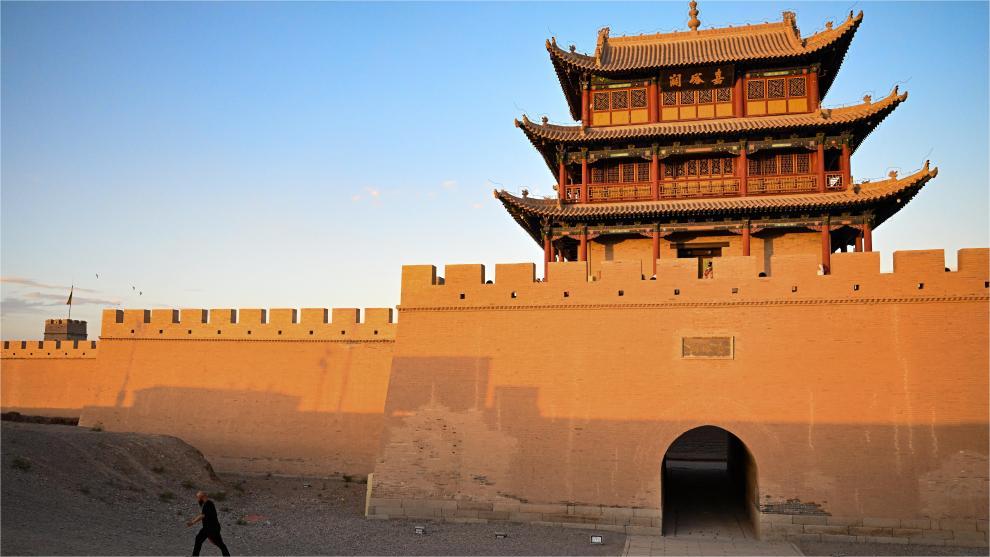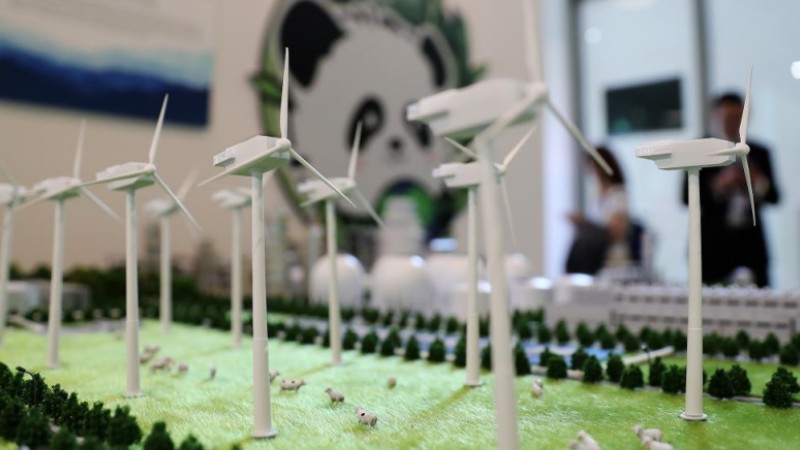Beijing releases guideline on improving care for elderly

Elderly people rehearse a dance routine at a residential community in Beijing's Chaoyang district in May. Chaoyang's Balizhuang subdistrict organized various canteens and elderly care centers among its communities to enrich elderly residents' lives. LI XIN/XINHUA
Authorities in Beijing released a guideline on Thursday, pledging to improve services for the capital's elderly population in line with the broader national strategy.
The guidance introduced "new patterns" and "complementary forms" of senior care, including community care at home, institutional care and travel-based care.
The care at home will cater to meeting the demands of seniors with mobility issues, such as those with disabilities and those with dementia.
Higher quality and concentrated care services for institutional care will also be provided, said Guo Hanqiao, deputy director of the city's civil affairs bureau, during a news conference on Thursday.
"In terms of the travel-based elderly care, the authority will make good use of the cooperation mechanism with neighboring Tianjin municipality and Hebei province, as well as cooperation between Beijing and Hainan province, to meet the diverse needs of seniors," he said.
The measure will encourage seniors to spend their winters in Hainan where it is warmer and the summer in northern regions such as Hebei and Inner Mongolia where it's cooler.
Seniors will also be encouraged to stay in nursing homes in Tianjin and Hebei because they are cheaper than in Beijing.
According to the bureau, by the end of last year, there were 4.65 million people over the age of 60 in Beijing, accounting for 21.3 percent of the permanent population, which means Beijing has entered a stage of moderate aging with an accelerating trend.
The city is also working on improving elderly care services in rural areas.
Seniors in rural areas who are eligible for basic guarantees such as those living alone, left behind or with disabilities will be given "special care", the bureau said, adding service points will be established in villages and equipped with one or more aid workers.
The government is encouraging districts to utilize unused buildings such as schools, factories and village halls in rural areas for community-based elderly service points.
A pilot program for the elderly has been carried out in Beijing's Miyun district since 2020. In 2021, the program expanded to Huairou and Yanqing districts.
Wang Xiao'e, a spokeswoman for the Beijing Municipal Health Commission, said that the government is taking measures such as early prevention and intervention to maintain the good health of the elderly and strengthen their health management.
Last year, Beijing established health records for around 4.18 million people aged 60 and above in the city. Additionally, 579,000 free medical examinations were conducted for elderly people in Beijing, Wang said.
Photos
Related Stories
- Amazing instinct of subway staff saving elderly
- Tourists visit Palace Museum in Beijing
- Beijing section of Bejing-Xiong'an Expressway to be completed this year
- Beijing to deepen reform, opening-up of services sector
- China's Beijing provides low-carbon development experience for megacities: NGO leader
- In pics: Gubeikou Great Wall in Beijing
Copyright © 2023 People's Daily Online. All Rights Reserved.









